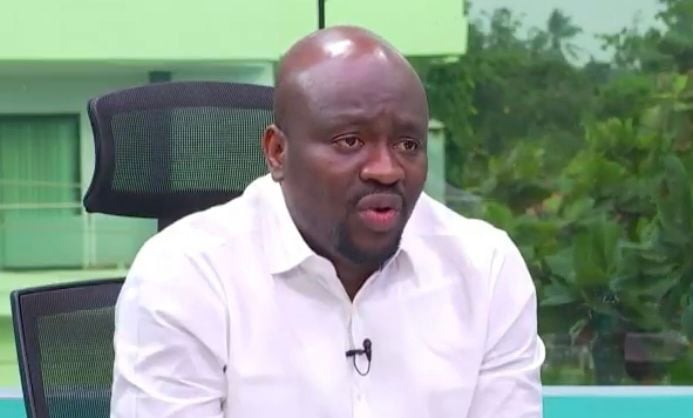The political landscape in Ghana has witnessed a concerning shift, with accusations of tribal and religious politicking taking center stage. Hamza Suhuyini, a member of the National Democratic Congress (NDC) Communication Team, has pointed fingers at former Vice President Dr. Mahamudu Bawumia, alleging that he is deliberately stoking religious and ethnic divisions to garner votes. This marks a stark departure from previous campaigns, where such divisive tactics were largely absent. Suhuyini contrasts the current political climate with the eras of the late President John Evans Atta Mills and former Vice President Aliu Mahama, both of whom refrained from exploiting religious identities for political gain, despite their own distinct faiths. This precedent of tolerance and unity, Suhuyini argues, has been eroded by the current administration’s approach.
Suhuyini’s critique extends beyond Bawumia, encompassing the broader campaign strategy of the New Patriotic Party (NPP). He laments the abandonment of issue-based discussions, replaced by what he perceives as a campaign fueled by personal attacks and divisive rhetoric. This shift, according to Suhuyini, represents a dangerous departure from the principles of democratic discourse. He contends that by prioritizing identity politics over substantive policy debates, the NPP is jeopardizing not only its own future but also the broader democratic trajectory of Ghana. The focus on religious and tribal affiliations, he argues, undermines the potential for constructive dialogue and collaborative problem-solving, essential elements of a healthy democracy.
The accusations leveled against Bawumia and the NPP raise concerns about the potential consequences of such divisive tactics. By appealing to narrow identity groups, political actors risk fragmenting the electorate and undermining national unity. This strategy can lead to a political climate characterized by mistrust and animosity, hindering the ability of diverse communities to work together towards common goals. Moreover, the emphasis on identity can distract from crucial policy issues that affect the entire population, such as economic development, education, and healthcare. Suhuyini’s critique highlights the dangers of prioritizing short-term political gains over the long-term health of the democratic process.
Suhuyini’s condemnation also extends to Bryan Acheampong, further illustrating the alleged pattern of divisive rhetoric within the NPP. While he criticizes Acheampong, Suhuyini places the ultimate blame on Bawumia for setting the tone and creating an environment conducive to such inflammatory language. This suggests a broader concern about the leadership within the NPP and its perceived failure to uphold the principles of inclusive and respectful political discourse. The accusations against both Bawumia and Acheampong underscore Suhuyini’s argument that the NPP campaign lacks a focus on substantive issues and relies instead on divisive appeals to identity.
The implications of this shift towards identity politics are far-reaching. By prioritizing religious and tribal affiliations, political actors risk undermining the very fabric of Ghanaian society. The potential for increased polarization and social fragmentation is a significant concern, as it can erode trust between communities and hinder efforts to address shared challenges. Furthermore, the focus on identity can distract from crucial policy debates that affect all citizens, regardless of their background. The accusations against Bawumia and the NPP raise questions about the future direction of Ghanaian politics and the potential for a more inclusive and unifying approach.
Ultimately, Suhuyini’s critique calls for a return to a more substantive and inclusive political discourse. He emphasizes the importance of focusing on issues that affect all Ghanaians, rather than exploiting religious and tribal differences for political gain. The accusations against Bawumia and the NPP serve as a warning about the dangers of identity politics and the need for political leaders to prioritize national unity and constructive dialogue. The future of Ghanaian democracy, Suhuyini argues, depends on the ability of political actors to transcend divisive rhetoric and work together to address the challenges facing the nation.














